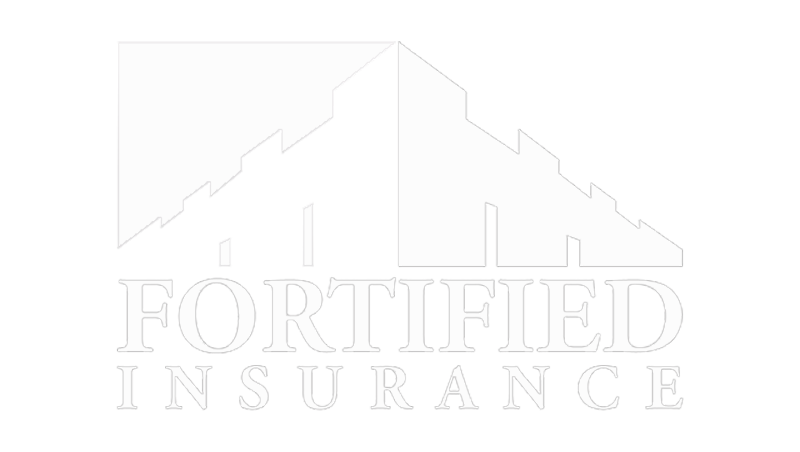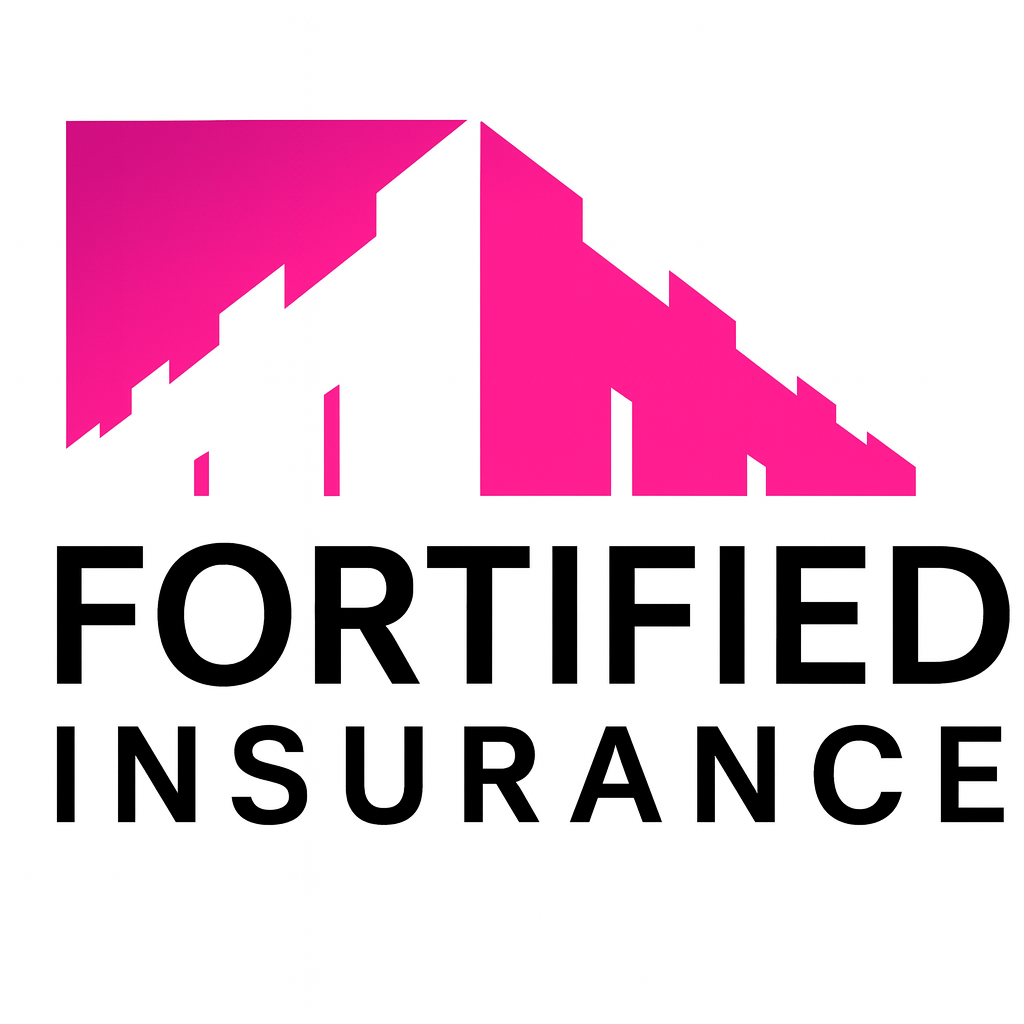We’re the Golf Course Insurance experts in Florida
Golf courses are beautiful, serene places where people go to relax, play a game they love, and enjoy the natural surroundings. However, as with any business, golf courses can face a variety of risks and liabilities that can have significant financial consequences. That’s why having the right insurance coverage is so important for golf course owners. In this article, we’ll take a closer look at the importance of golf course insurance and the types of coverage that golf courses should consider.
Why Golf Course Insurance Matters
Golf courses can face a wide range of risks and liabilities that can result in significant financial losses. For example, a golfer could be injured on the course due to a slip and fall or a stray golf ball. Damage to the golf course from natural disasters, such as storms or wildfires, can also be costly to repair. Additionally, golf courses can be held liable for a variety of issues, such as property damage or bodily injury, which can result in expensive legal fees and settlements.
Golf course insurance provides protection against these risks and liabilities, helping golf course owners to manage their financial exposure and protect their assets. Without insurance, golf course owners could be forced to pay out of pocket for damages, legal fees, and other expenses, which could be financially devastating for many businesses.
Types of Golf Course Insurance
There are several types of insurance that golf courses should consider to protect their business and assets. Let’s take a closer look at each type of insurance coverage:
- General Liability Insurance
General liability insurance is an essential type of coverage for golf courses. This insurance provides protection against third-party claims for bodily injury or property damage that may occur on the golf course. For example, if a golfer is injured due to a slip and fall on the course, general liability insurance would cover the cost of medical expenses and any legal fees or settlements that may arise from the incident.
- Property Insurance
Property insurance provides coverage for damage to the golf course and its contents, including golf carts, equipment, and buildings. This insurance can protect against a wide range of risks, including fire, theft, vandalism, and natural disasters such as hurricanes or floods. Property insurance is essential for golf courses, as damage to the course or its equipment can be costly to repair or replace.
- Business Interruption Insurance
Business interruption insurance provides coverage for lost income and other expenses that may occur if a golf course is forced to close temporarily due to a covered event, such as damage to the course from a natural disaster. This insurance can help golf courses to cover their ongoing expenses and maintain their financial stability during periods of business interruption.
- Workers’ Compensation Insurance
Golf courses employ a variety of workers, from maintenance staff to golf instructors. Workers’ compensation insurance provides coverage for medical expenses, lost wages, and other costs associated with work-related injuries or illnesses. This insurance is essential for golf courses to protect their employees and ensure that they can continue to operate even if an employee is injured on the job.
- Cyber Liability Insurance
Golf courses collect and store sensitive personal and financial information from their customers, such as credit card numbers and addresses. Cyber liability insurance provides protection against data breaches and other cyber threats that could expose this information to unauthorized parties. This insurance can help golf courses to recover from a cyber attack and protect their reputation in the aftermath of such an event.
Conclusion
Golf course insurance is essential for protecting golf courses against the wide range of risks and liabilities that they face. From general liability insurance to workers’ compensation insurance, golf courses should consider a variety of coverage types to protect their business and assets. By investing in the right insurance coverage, golf courses can manage their financial exposure, protect their employees, and maintain their financial stability, even in the face of unexpected events or legal challenges.



